
Improve Your Gas Mileage This Summer With Our Helpful Tips!
While gas prices have seemed to stabilize in most parts of the country, gas is not cheap by any means! The miles per gallon you can get can be very stressful for some drivers, and even influence the kinds of vehicles consumers are buying today. Today we will discuss a few pro tips that can help you save gas, and save money in these hot summer months.
Drive Better
Everyone likes to think that they are the perfect driver, but how well do you actually drive? It is fairly common knowledge at this point, but speeding actually decreases your fuel efficiency, and can lead to a significant amount of waste, in comparison to the time you think you’re saving by driving faster. Vehicles achieve maximum fuel efficiency between 45 and 60 miles per hour.
Clear Off Your Car
If you’re driving with a roof rack, but you aren’t carrying anything on your roof, you’re wasting gas. Attachments like roof racks can interfere with the aerodynamics of your car, which causes drag. Drag makes your car work harder to keep up to speed, which causes you to use more gas than you should.
Fill Up The Tank
If your tank is below half full, you should fill it up ASAP. In the hot summer months, gas can actually evaporate if your tank isn’t full.
Fill Up Your Tires
If you want your car to perform at its best, you need to give it the right tools. Among those are properly inflated tires. If your tires are under inflated, they can wear faster than they need to, as well as cause drag. If they are over-inflated, they can cause you to lose traction, which is very unsafe.
If you need help maintaining or repairing your vehicle, give us a call at (630) 932-4427 and schedule an appointment with our friendly professionals!



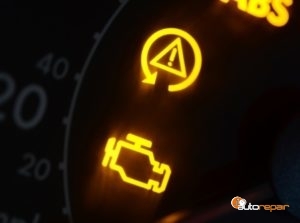
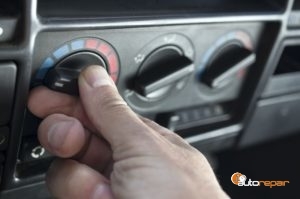
 When you are driving, vibrating and shaking can take you by surprise. Your car should not normally do so, but when it does it is a sign of bigger car problems. There are many different problems that can cause vibrating of your car, so how do you know what the cause is? There are three major culprits that may play a role.
When you are driving, vibrating and shaking can take you by surprise. Your car should not normally do so, but when it does it is a sign of bigger car problems. There are many different problems that can cause vibrating of your car, so how do you know what the cause is? There are three major culprits that may play a role. Winter has officially started! With our temperatures in the freezing zone, you are probably wondering the best way to keep your car moving this winter. People try a lot of interesting ways to keep their car on the road and help it deal with snow, ice, and the cold. However, some of these ways are not true and may actually hinder your car. J1 Auto Repair has gathered our top four winter myths to share and how these can hurt your vehicle.
Winter has officially started! With our temperatures in the freezing zone, you are probably wondering the best way to keep your car moving this winter. People try a lot of interesting ways to keep their car on the road and help it deal with snow, ice, and the cold. However, some of these ways are not true and may actually hinder your car. J1 Auto Repair has gathered our top four winter myths to share and how these can hurt your vehicle.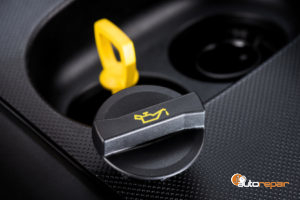
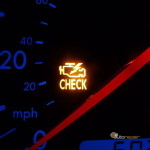 Today’s vehicles are controlled largely by a computer that is equipped with sensors that help your car stay road ready by maintaining high levels of efficiency. When the onboard computer detects a substantial dip in efficiency or an outright failure of one of your driving systems, it will send message causing your dashboard warning lights to illuminate.
Today’s vehicles are controlled largely by a computer that is equipped with sensors that help your car stay road ready by maintaining high levels of efficiency. When the onboard computer detects a substantial dip in efficiency or an outright failure of one of your driving systems, it will send message causing your dashboard warning lights to illuminate.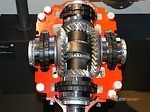 You don’t have to know every little thing about your car to make smart decisions about it. A basic working knowledge of some of it’s most important parts can achieve that result. Do you know about how your transmission works, and the importance of maintaining it’s health? We go over both here. Come by our shop for expert repairs or replacement!
You don’t have to know every little thing about your car to make smart decisions about it. A basic working knowledge of some of it’s most important parts can achieve that result. Do you know about how your transmission works, and the importance of maintaining it’s health? We go over both here. Come by our shop for expert repairs or replacement!